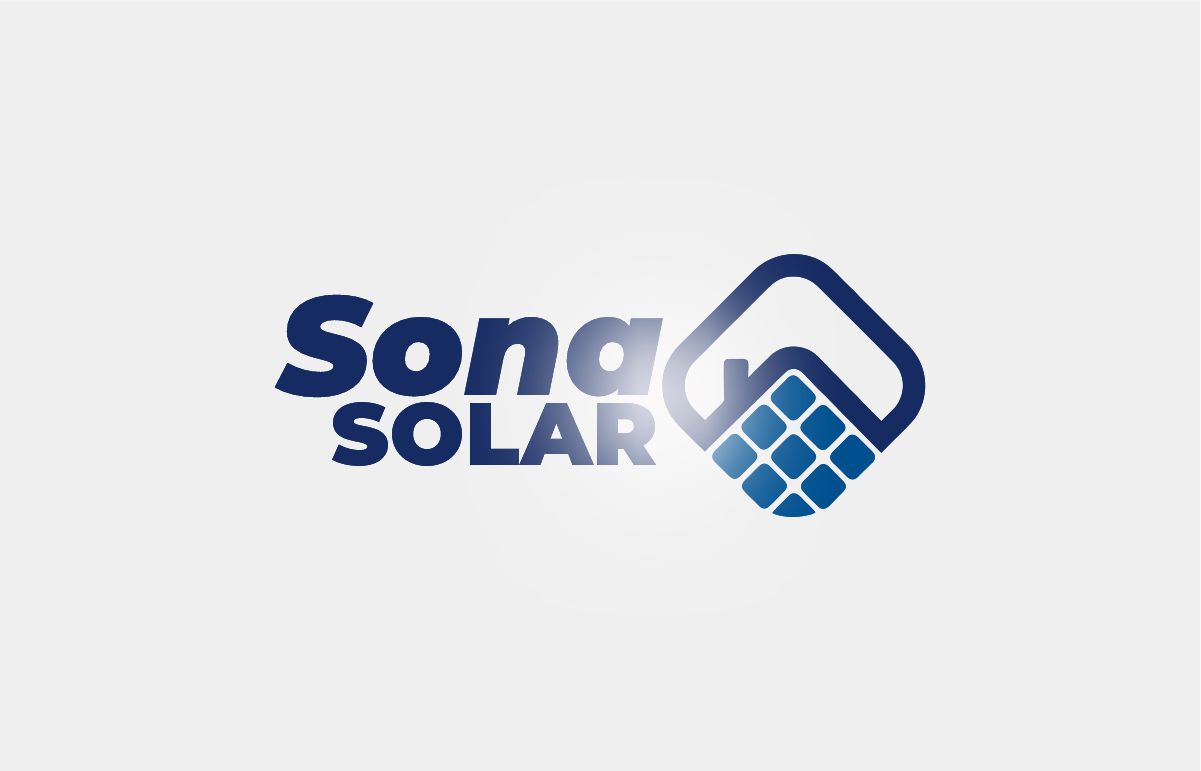Sona Solar Zimbabwe Is Customer Centric. We offer a Comprehensive One-Stop-Shop experience and Bridge The Huge Gap Between Getting The Best, Quality Products and Getting it at an Affordable Price.
Feel free Call us or WhatsApp us on +263 78 922 2847 and +263 78 864 2437.
For Borehole Drilling Services WhatsApp us on +263 77 389 8979 or +263 71 918 7878.
When you are buying a solar system for your home or business in Zimbabwe, somebody has to install it. If you are not confident in your skills, leave the job to professionals.
First, you have to find them though. Here are five tips on choosing the right solar installer.
If asking friends isn’t an option, you can look for clues on the websites of your city, county or state. Sometimes, local authorities provide guidelines for going solar and add a list of local solar installers. Usually, a local installer is a better choice than a national one. Local installers are more reliable and easier to work with since these are smaller companies.
Inquire about how long the contractor has been working in the field. You want a professional with at least 3 years of experience. Ask if the installer uses subcontractors and verify their credentials as well. You also want evidence that the installer has workers’ compensation insurance and liability insurance.
Ask for the contacts of their previous customers and talk to them. Find the company reviews, and check if they are real or not, if possible. Check for possible complaints — you want a certified solar installer with a solid reputation to do the job. Ask what kind of warranties the installer offers.
If you are satisfied with the background of your candidate, start asking questions about your future installation:
To perform the installation, the contractor has to take a look at your roof and figure out what kind of mounting they can use there. They’ll also ask about your bill. Later the engineers will calculate the number of panels that can fit on your roof and how much this system would be able to produce. Based on that info, the company makes you a proposal.
Prices for the installation vary depending on the state and the system’s size and type. If you want to compare labor costs, convert your quote to cost per watt. Ask your solar contractor if they recommend roof repair prior to installation. Also, make sure that it’s clear who is responsible for roof damage that may occur.
Ideally, you want to get bids from at least three companies before making a decision. Bids have to include the total installation cost with the equipment and labor, system specifications, and estimated annual production, based on the positioning, tilt, and possible shading of the panels. Going for the cheapest option rarely makes sense.
Try to get at least three bids from different contractors before choosing one
The contract from the installer must contain the payment schedule, start and end dates of construction, warranties, exact equipment to be installed and itemized budget plus the list of subcontractors. The final cost of your project is determined by its total wattage, not the price per panel.
Labor expenses make 30-50% of your installation costs
After the planning is complete and permits are obtained, the installation starts: workers mount your panels on a roof and wire them together. The preparation process lasts for 1-2 weeks. The actual installation takes only a day or two. All work takes place outside so you can go on with your life as usual.
After the installation, a utility representative might have to come over to install an electric meter. If Net Metering is available, the meter will spin backward when you sell solar energy into the grid.
And there you have it — your own home solar system! Even though an installer makes it easier, you don’t have to look for one if you’re confident in your skills. If you want to design your own PV system from scratch, read an article on how to compose a DIY solar kit. Use our solar calculator to size a system and evaluate your potential savings from it in the future.
Tip #1: Get Familiar with The Basics
Before discussing your future system with a contractor, it’s better to get an idea of what you want to get. Here are the basics you must learn:- Types of systems. There are three of them. The grid-tie system implies that you are connected to the grid and can sell your energy into it or draw it from the grid. The off-grid system doesn’t have a grid connection and you rely solely on solar panels and batteries. The hybrid system is a compromise between the two: you can sell your energy but retain power during blackouts.
- Net Metering and Portfolio Energy Credits (PECs). Net metering works for grid-tie and hybrid systems only allowing you to sell excess solar energy to your electric utility and receive credits for it. However, the terms depend on your state and utility. You also accumulate SRECS throughout the lifetime of a system of any type and you can trade them in some states.
- Federal Solar Tax Credit (ITC). ITC allows American citizens to receive back 30% of the installation cost through taxes. This includes expenses on contractor services as well. Some states have their own solar policies — for instance, in many states panels are exempt from property tax.
Tip #2: Ask Your Friends and Neighbors for Contacts
If someone you know recently installed solar panels and is happy with the results, just ask for a phone number. That’s probably the best way of choosing the right solar company. Learn as much as you can about their experience and take a look at the final result, if possible.If asking friends isn’t an option, you can look for clues on the websites of your city, county or state. Sometimes, local authorities provide guidelines for going solar and add a list of local solar installers. Usually, a local installer is a better choice than a national one. Local installers are more reliable and easier to work with since these are smaller companies.
Tip #3: Check the Background
When you have a short list of candidates, do a thorough check. Every installer should have an electrician license and a general construction license. That’s why an installer is always a company — these papers don’t just get handed out to individuals.Inquire about how long the contractor has been working in the field. You want a professional with at least 3 years of experience. Ask if the installer uses subcontractors and verify their credentials as well. You also want evidence that the installer has workers’ compensation insurance and liability insurance.
Ask for the contacts of their previous customers and talk to them. Find the company reviews, and check if they are real or not, if possible. Check for possible complaints — you want a certified solar installer with a solid reputation to do the job. Ask what kind of warranties the installer offers.
If you are satisfied with the background of your candidate, start asking questions about your future installation:
- Who is getting the panels and all the equipment? If it’s the contractor, then what modules are they going to use and why?
- Can your contractor explain which solar incentives you are eligible for and how they work? What can they tell you about coverage under warranties if there’s a problem with a component or the energy system after installation?
- Does your contractor provide follow-up maintenance for a solar system? Don’t leave this one out — some don’t.
Tip #4: Get Several Bids Before Making A Choice
After you’ve talked to a few companies, you can request a quote for your future installation. Schedule a visit for a company representative.To perform the installation, the contractor has to take a look at your roof and figure out what kind of mounting they can use there. They’ll also ask about your bill. Later the engineers will calculate the number of panels that can fit on your roof and how much this system would be able to produce. Based on that info, the company makes you a proposal.
 |
| Check These 5 Tips On Choosing A Solar Installer From Solar Installers in Zimbabwe |
Ideally, you want to get bids from at least three companies before making a decision. Bids have to include the total installation cost with the equipment and labor, system specifications, and estimated annual production, based on the positioning, tilt, and possible shading of the panels. Going for the cheapest option rarely makes sense.
Try to get at least three bids from different contractors before choosing one
Tip #5: Take Time To study The Contract
Make sure to examine the entire contract with the installer of solar panels before signing. Everything you’ve agreed to verbally must be written down. Ask questions about anything you didn’t understand. Seek out legal advice if needed.The contract from the installer must contain the payment schedule, start and end dates of construction, warranties, exact equipment to be installed and itemized budget plus the list of subcontractors. The final cost of your project is determined by its total wattage, not the price per panel.
Labor expenses make 30-50% of your installation costs
After the planning is complete and permits are obtained, the installation starts: workers mount your panels on a roof and wire them together. The preparation process lasts for 1-2 weeks. The actual installation takes only a day or two. All work takes place outside so you can go on with your life as usual.
After the installation, a utility representative might have to come over to install an electric meter. If Net Metering is available, the meter will spin backward when you sell solar energy into the grid.
And there you have it — your own home solar system! Even though an installer makes it easier, you don’t have to look for one if you’re confident in your skills. If you want to design your own PV system from scratch, read an article on how to compose a DIY solar kit. Use our solar calculator to size a system and evaluate your potential savings from it in the future.
Named after the Gaelic term (Old Irish Word) Sonas - for Good Fortune (Prosperity and Happiness) - Sona Solar Zimbabwe is committed to bringing Prosperity and Happiness to its customers through Solar Solutions in Zimbabwe. We deliver turn-key energy efficient solutions to meet client energy and budgetary needs and reduce environmental impact.

Sona Solar Zimbabwe
Sona Solar Zimbabwe7 Frank Johnson Avenue,
Avenues, Eastlea
Harare, Zimbabwe.
Call Us Today:
Solar Sales: +263 78 293 3586
Solar Sales: +263 78 922 2847
Operations: +263 78 864 2437
Sona Landline: +263 24 2797750
Email: sonasolarzw@gmail.com
Website: www.sonasolar.co.zw

Borehole Experts Zimbabwe
Borehole Experts Zimbabwe7 Frank Johnson Avenue,
Avenues, Eastlea
Harare, Zimbabwe.
Call Us Today:
Borehole Sales: +263 77 389 8979
Borehole Sales: +263 71 500 3777
Borehole Operations: +263 71 918 7878
Borehole Landline: +263 24 2797750
Email: boreholeexpertszw@gmail.com
Website: www.boreholeexperts.co.zw
Choosing The Best Solar Company in Zimbabwe:
Choosing a solar panel installation company can be time-consuming. It is easy to be overwhelmed when comparing the reputation, price, warranty, and panel options of different solar providers.Sona Solar Zimbabwe stands out as one of the most reputable companies in Zimbabwe. Sona Solar Zimbabwe offers reliable systems with a 25-year warranty, 10-year workmanship warranty, and two-year production guarantee.
Sona Solar Zimbabwe prides itself on offering original solar products and accessories. Sona Solar Zimbabwe also maintains partnerships with reputable brands around the world.

.jpg)

.jpg)

.jpg)




.jpg)





